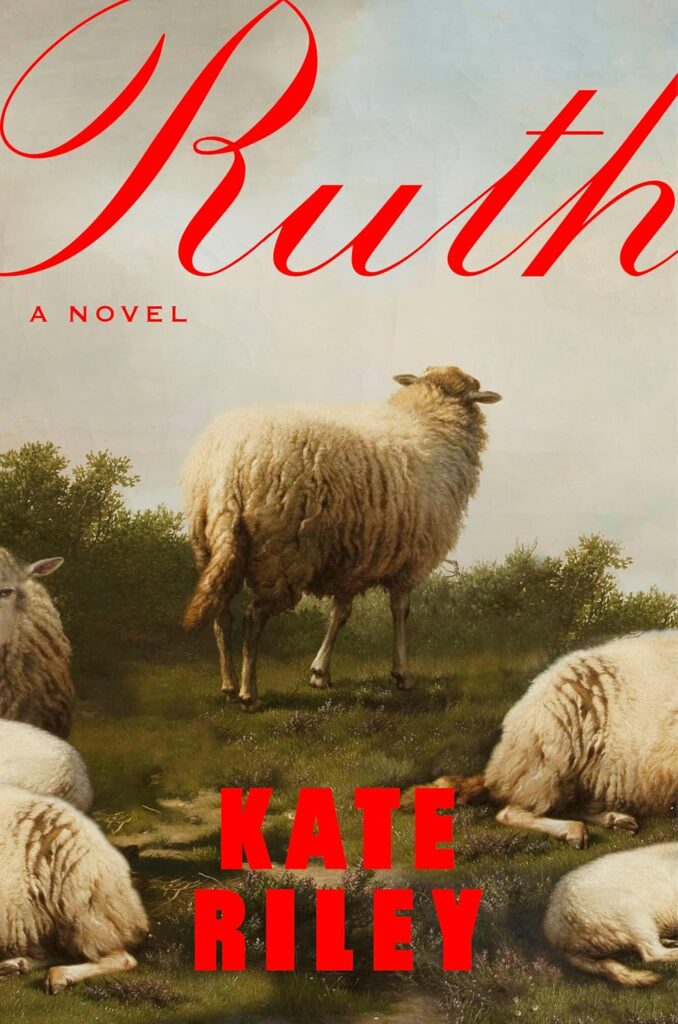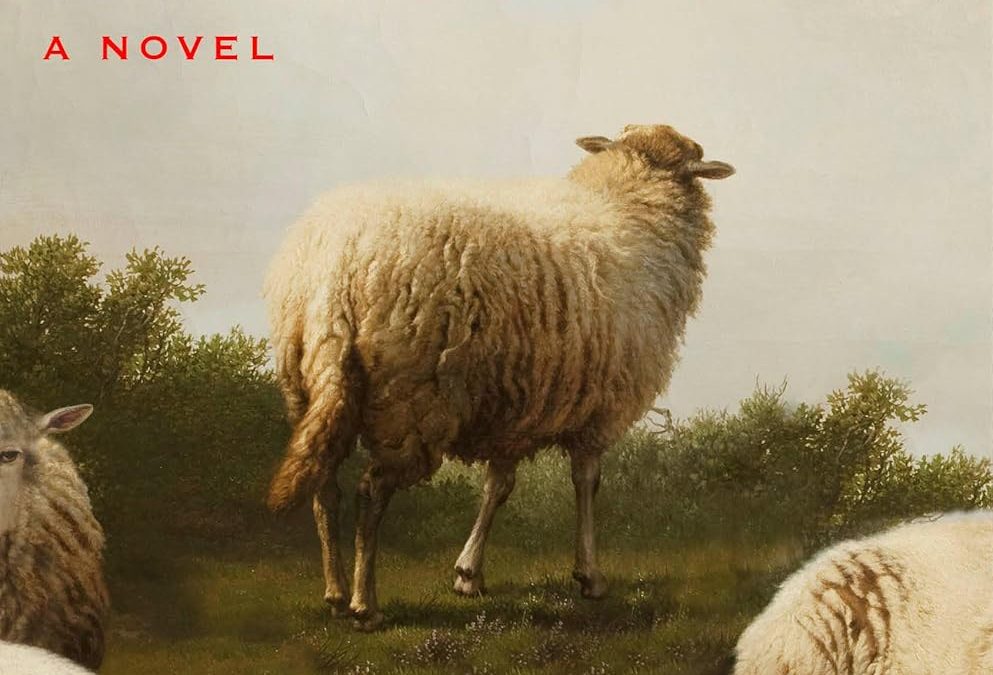
The following is from Kate Riley’s Ruth. Riley was raised in New York City. This is her last book.
The mass of all Ruth knew was a dot in the void. As the dot grew, so too did its perimeter with the void; every factual acquisition indicated a tranche of new unknowns, education the process of becoming a competent librarian of her own stupidity. The discovery, age five, that some people did not live in communities with all goods in common—that in fact for most, home was a locked building full of private property—begat questions still begetting questions at age thirteen. At five her only outsider had been the propane-truck driver, for whom she’d conjured a whole parallel Dorf, an image still requiring active extinction every time he made a delivery. His real life defied both fantasy and reason: without support from a Laundryhouse and Kitchen, how did he have time to do his job? Without Brothers and Sisters, from whom did he accept admonishment?
Article continues after advertisement
Ruth read everything she could, learning early that few adults would interrupt a child absorbed in the Bible; only Esther noticed its frequent appearance around bathtime. And she read at random, though some spinal defect in the Scholl’s huge KJV favored Chronicles I and II. There was a narrow stripe of the New Testament she knew from inhabiting it, but everything else Ruth read was either tedious or unbelievable: legal bickering about who was allowed to bury figs near a special wall, pangrammatical lists of names, the talking donkey in Numbers, and the queen in Kings who got eaten by dogs.
It took Ruth trial and mortifying error to learn what of the Bible was now accurate only in metaphor. Ethiopians, Jews, and Greeks still existed; Pharisees, Samaritans, and Barbarians did not. Magi still existed, as Persians. Leprosy still existed, pharaohs did not. At Saracens, Moors, eunuchs, Ruth wondered. Not to mention all that the Bible didn’t: China, India, America. Outer space. The library’s encyclopedias, clear and sedative beside the Bible’s cryptic thrills, still misled; Ruth lived for decades in an alternate reality containing Zanzibar and dipsomania.
No matter her source, the world beyond the Dorf was always mediated, by time and human error; if the Apostles couldn’t agree on the nativity, Richie Mueller’s account of a ball python at the 4-H conference begged skepticism. Of those whom Ruth had license to pester, her father had seen the most of the world. He was off the Dorf every week in his role as Steward, but so weary upon return that Ruth knew to curb her curiosity; eyes closed, in his undershirt after a six-hour drive, he wanted his family close but quiet. Esther, chattier, had only the drifting details of her childhood in the Colonies for reference, and when Ruth returned to this closed canon it was for comfort, not news.
Truth in volume, then: Ruth read every periodical admitted to the library. In search of the evidence of strangers, she skimmed the essays of anodyne encouragement and skipped entirely anything accompanied by illustration of flowers or cornucopia. Missionaries were reliably specific; in a report to the Friends Journal, a Quaker medic working in Liberia felt closer to God without the luxury of refrigeration, and on the single typed page that constituted the Brethren Witness, a pastor in Luzon alluded to Papist savagery, then (see other side) offered the recipe for Coconut Surprise. Ruth spent the rest of her life poised to declaim Papism for sheer pleasure at the phrase, though it was the Catholic publications she savored most. Their faith had hands and feet; their service was not tourism but permanent residence in the world Ruth could only read of. In Commonweal a Berrigan brother wrote from jail of the hopeful solidarity among his Black cellmates; Catholic Worker newspapers, their cheap ink faded by an afternoon of sunlight, described finding Christ among tramps on the breadline and exhorted readers to join Him.
Ruth knew the community said the same thing—anyone reading the New Testament out loud said the same thing—and were dutiful in concern for all those implicated in both beatitudes and the Civil Rights Act. While shielded from much else of the decade, Ruth spent her portion of the sixties vividly alert to the struggle for racial equality; there was more moral clarity in the parables of Rosa Parks and Ruby Bridges than in much directly attributed to Christ, and many a Meeting in which the orchestrating brother had merely to cue a recording of “How Long, Not Long” or “I Have a Dream.” In practical matters, however, the community prioritized service to their immediate neighbors, via highway cleanups and pies of breathtaking uniformity donated to the county’s Harvest Festival. Consequently Ruth’s few excursions off the Dorf were unpeopled by the strangers she felt most moved to serve. She had never met a Black person, nor anyone exhibiting signs of poverty; whatever love she could render went only to those she already knew, far harder to love for already knowing them.
There was rationale for the community’s insularity: nourishment of the inner church precluded a robust missionary program; able bodies were needed on the Dorf, on fire for Christ in prosecution of daily tedium; pouring impossible from an empty cup, etc. This provincialism was identified as such and condemned by Merlin Klee, who had been a Freedom Rider as well as a Catholic before joining the community. In Meetings, Merlin sat agitated with a folder of newspaper clippings in his lap, occasionally shedding bleak confetti. His calls to action were invariably muted by prayer.
Ruth coveted Merlin’s experience and wished to signal her righteous alignment. She imagined confessing to him a germinal scheme consisting of a single image: the community’s young people alighting in Detroit. She had seen a picture of the City-County Building, so in fantasy it was always there they alit, though she had no visual for the generalized solidarity she anticipated once out in the world among authentic suffering masses. In the community her faith was stifled—bore only the unappetizing fruit of janitorial work and singing—but on the single imaginable street of Detroit, on behalf of those who truly deserved it, she would gladly risk injury, arrest, and, in what she would later recognize as the acme of her arrogance, probably her life.
__________________________________
From Ruth by Kate Riley. Used with permission of the publisher, Riverhead Books. Copyright © 2025 by Kate Riley.
